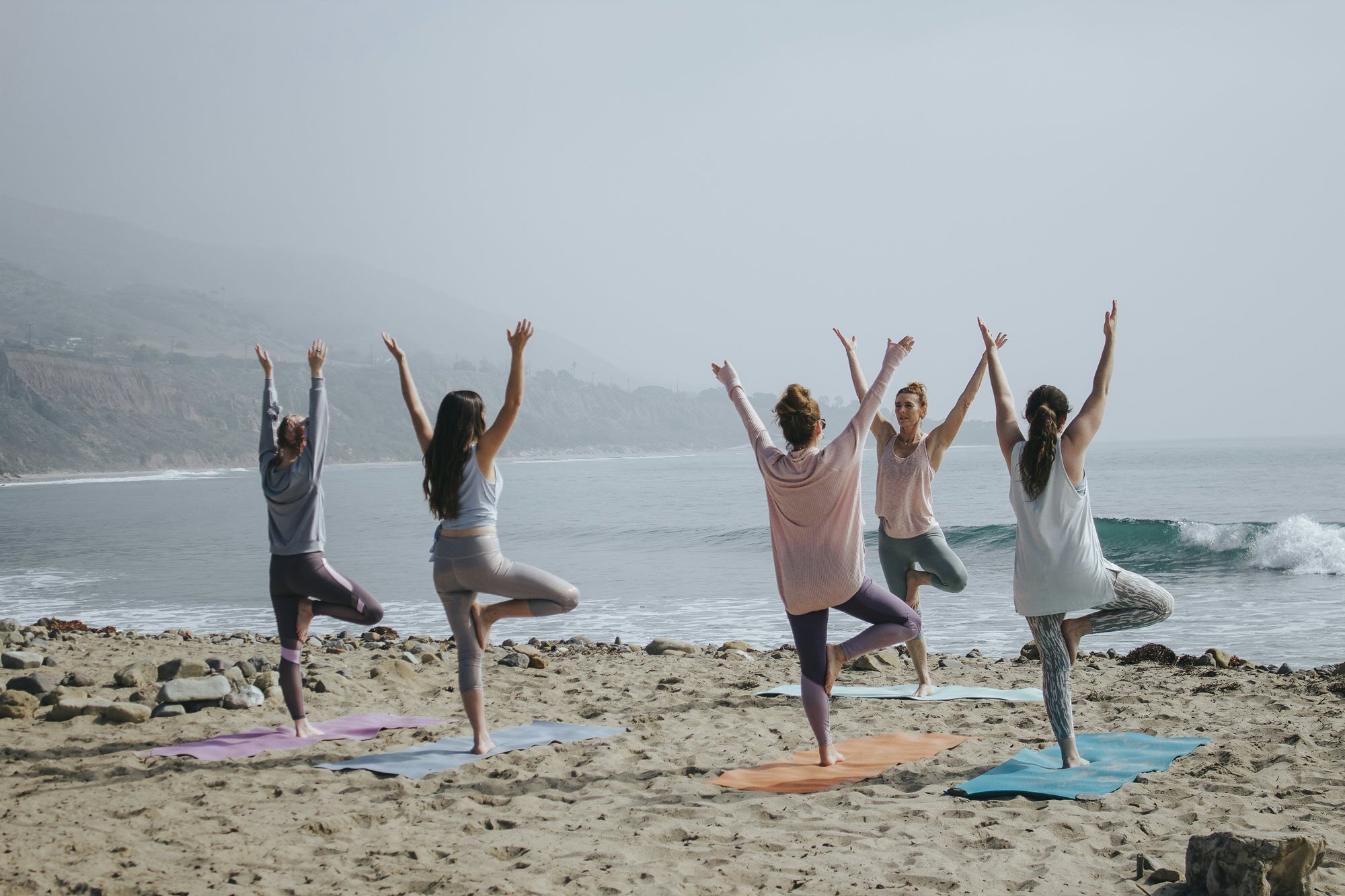
The demands of a civil engineering career can take a toll on professionals. Self-care is one of the best tactics you can use to counter stress, but what does it entail?
Self-care strategies are different for everyone. At a base level, though, self-care begins with routine and an emphasis on regular habits. These practices can be anything that contributes to mental well-being, from engaging in physical activity to taking a weekend to relax at home.
During February’s Thursdays@3 discussion, three experts came together to unpack the importance of self-care and share what works for them. Below are some ideas to inspire your personal self-care journey.
Stephanie Congo
Yoga Therapist, Mindfulness Consultant, Energy Medicine and Sound Practitioner at Energy Medicine, Yoga, and Healing Arts; Memphis, Tennessee
“Walking has always been really important to me. When I was in Vermont, I could walk to work, so I was able to do that. In the state, we had a wonderful cohort in agriculture, and my coworkers and I would always go walking at lunchtime. If they didn't walk, then I would go by myself.”
“During the day as an engineer, I would often notice that I needed to take a break from the computer. Sometimes I had a lot of field days … and I would always find a quiet little office somewhere if I needed a nap … It doesn’t make any sense to keep pushing yourself against the wall. Like, if you're done, you’re done.”
“Another thing I'll share is just talking, whether it's talking with coworkers or talking with friends or with family members. That has always been a way for me to process … Sometimes I just need to talk it all out, and then it makes a lot of sense.”
Nancy Simpson
Civil Engineer at Donohue & Associates Inc; Sheboygan, WI
“Especially in my previous job, last year, and over the summer, I took a walk every day. In my current job, I'll just take a walk over lunch.”
“I think one of the biggest things for me is physical activity doesn’t have to be big. You don't have to do it all at once to be remotivated. Start with whatever it is you're wanting to do. If you're looking to do an hour of an activity, start with five or 10 minutes … because then, especially with exercise, you usually get five minutes and you're like, ‘I feel great. I want to keep going.’”
“It’s really just a matter of recognizing how you function better when you do take the time for yourself. Can you concentrate better if you've had a nice, hot, relaxing shower in the morning or at night? Can you concentrate better when you go for a walk or go for a run, or when you put makeup on, whatever it is for you?”
James Williams
Owner at POA&M Structural Engineering; Yorktown, Virginia
“One of the things that I do is plan. I like to have my tasks planned and my projects planned, so having a checklist or to-do list on a daily basis is great in lowering your stress.”
“I'm somebody that loves engineering, so if I can sit down and do some calculations I'll be able to model, that's enjoyable to me. But sitting is so bad for your health. I had a dog, and a dog has a daily plan. He has a routine. When you have a dog, he's going to come get you up at the same time every morning. If you're going for a walk, there's a break time, especially if you're working from home.”
“Recognizing what some of your stress drivers are on the job is important because we have the internal stress that we place on ourselves, and we also have that external stress that comes from others. It's important to have a buffer between yourself and other folks that can come in and provide tasks … so having a supervisor, someone above you that’s knowledgeable relieves you of a lot of stress associated with external stressors.”
You can now register for March’s Thursdays@3 session on strategies for career advancement.



